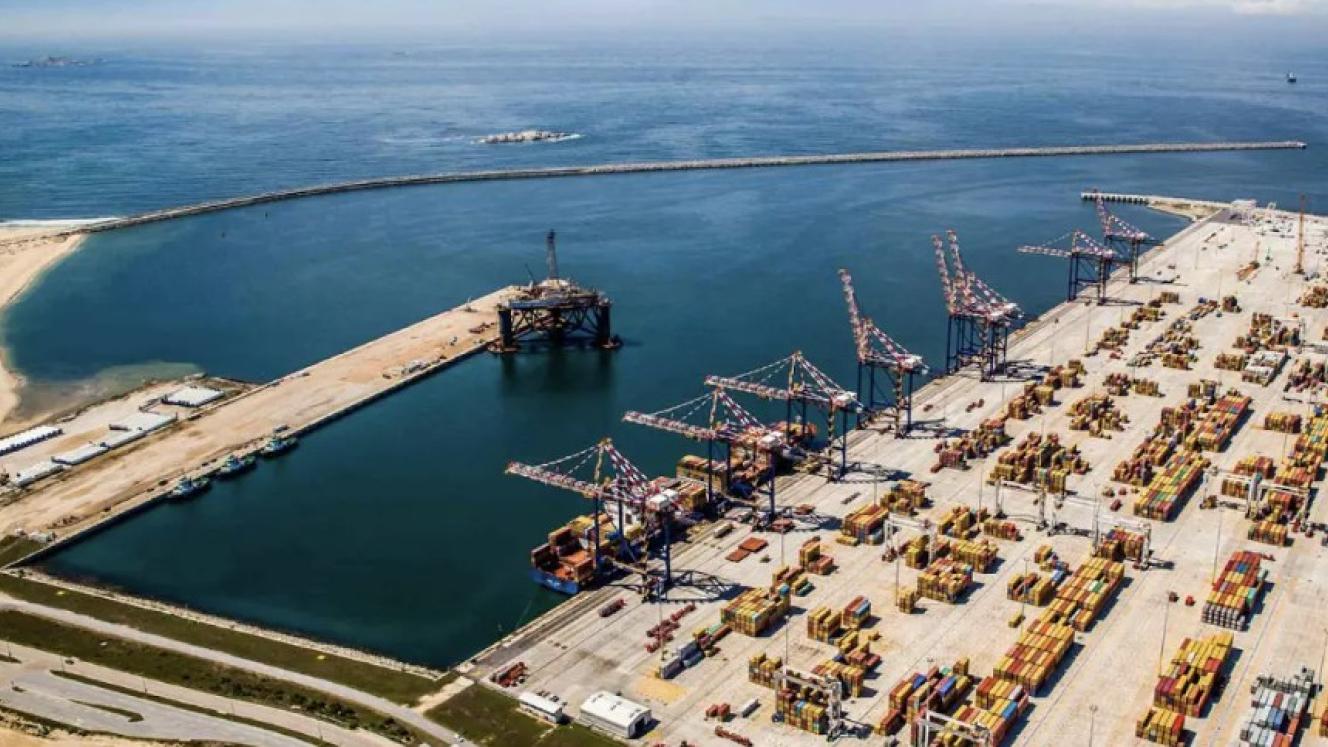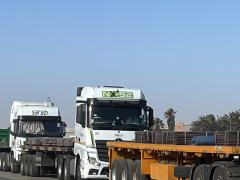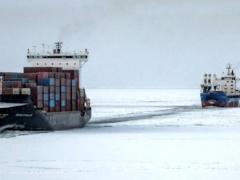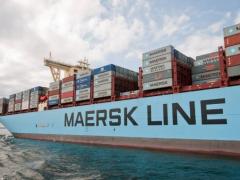Apart from the current strike at Transnet, load-shedding has become one of the single largest disruptors of logistics chains - from the production of goods (mining, irrigation, and processing of crops), to manufacturing, storage, cold chains, transportation and retail operations.
Electricity plays a vital, and sometimes key role in many of these processes.
Freight News asked Road Freight Association CEO Gavin Kelly how transporters who use storage units for perishable goods are being affected by the disruption caused by electricity outages.
“Many operators suddenly find themselves as portable storage facilities, especially where temperature-sensitive goods are transported. What would have been a simple road leg from one cold facility to another becomes a ‘store the goods for hours’, while destination facilities/retail refuse to open due to loss of power,” he said.
“Return trips are lost, scheduling goes out the window, and manufacturing stops and starts – causing corresponding stops and starts in the logistics operations. Just-in-time concepts are thrown out the window, and that is not a good thing where reliability of supply is crucial.”
Asked what this meant for the price and quality of goods, Kelly said higher costs and lower value were a given. “There will be upward pressure on prices as more time, diesel, energy, and extra facilities will need to be sourced to ensure that a secure (in terms of quality of goods) supply chain is maintained. Someone will need to cover those extra costs. Oh yes – you and I,” he said.
“Quality of goods – especially foodstuffs, medicines and other highly sensitive items – are rejected by markets at the drop of a hat, so quality, or the concern of a drop in quality, is an exceptionally crucial concept for exporters.”
Local retailers too, he said, wanted the best quality foodstuffs and not “sorry-looking” goods.
The upshot is that many transporters are currently not seeing massive revenue margins and are only making a small profit, which ultimately ends with many having to shut their businesses.
“Together with many other increasing risks, the very small return on investment and the even smaller profit margins, any transporter would need to think very carefully about what commodity they would want to transport, as well as what processes/steps they would be able to afford to ‘mitigate’ some or all of the risk,” Kelly said.
“Unreliable electricity supply will definitely bring a number of scenarios – some transporters will move to off-grid technologies, some won’t have the capital and will close their doors, others will move to a more stable electricity supply,” Kelly concluded.













